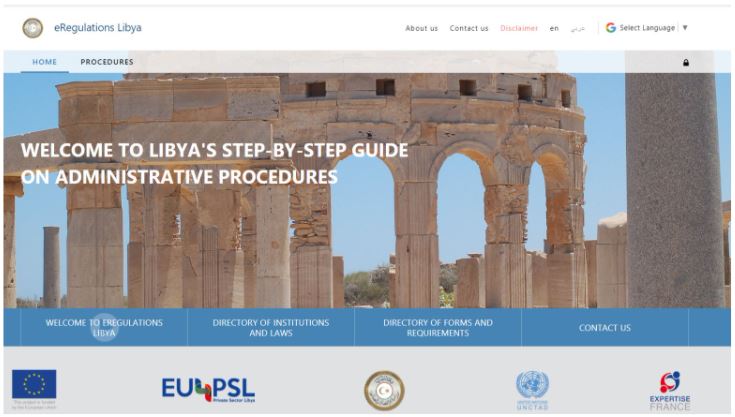Speaking exclusively to Libya Herald, Fawzi Wadi, the spokesman for the Ministry of Economy and Trade in the Tripoli-based Libyan government, said that the Minister of Economy and Trade, Mohamed Al-Hwej, launched the health insurance policy initiative, approved in his Resolution No. 431 of 2023 issued on 8 August.
Wadi explained that the policy provides health insurance services for the benefit of people with limited income from basic pensions, especially orphans and widows, as well as those with security pensions whose pensions do not exceed 800 Libyan dinars per month. The policy also covers families whose monthly income does not exceed 900 Libyan dinars, in addition to the category of people with motor and mental disabilities.
Pointing out that the decision requires the beneficiaries of the health insurance policy from the specified categories not to have health insurance policies issued to them from the public and private sectors, whether directly or through a family member, and not to be among the beneficiaries of treatment at the expense of the state.
Regarding the mechanism for implementing the decision, Wadi said, the Insurance Supervision Authority affiliated with the Ministry has been assigned to coordinate between insurance companies and the competent authorities affiliated with the Ministry of Social Affairs to determine the target groups according to the decision controls regarding beneficiaries of health insurance policies issued by companies within their commitment to social responsibility.
Wadi explained that the initiative of the health insurance policy for people with limited income and people with disabilities falls within the implementation of the code of conduct for companies, which focuses on their role within the framework of social responsibility.
National and joint insurance companies and branches of foreign companies operating in the Libyan market, he added, are responsible for issuing health insurance policies and fulfilling the value of the treatment of the beneficiary and paying it to providers. Medical treatment services such as hospitals, sanatoriums and clinics.
The costs of treatment, he explained, are at the expense and expense of insurance companies licensed to work in Libya and branches of foreign companies in general within the framework of their commitment to social responsibility imposed by the law.










